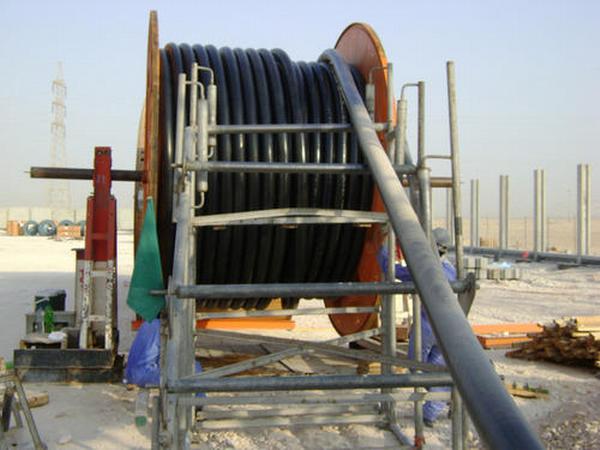Distribution and Retail Supply is the most critical link in the electricity market, which interfaces with the end customers and provides revenue for the entire value chain.
Indian electricity distribution caters to nearly 200 million consumers with a connected load of about 400 GW that places the country among the largest electricity consumer
bases in the world. The consumers are served by around 73 distribution utilities – 13 electricity departments, 17 private distribution companies, 41 corporatised distribution companies and 2 State Electricity Boards.
It owes to the fact of sustenance of other elements in the sector such as generation, transmission, equipment manufacturing; which depends on its operational performance and commercial viability. However, despite of its critical importance, generation segment has always been on the agenda of the government, in light of high energy deficit, necessitating need of huge capacity addition. Not long back, the Government of India had constituted a committee, headed by Mr. Deepak Parekh, erstwhile Chairman of IDFC, to study the electricity sector in India and suggest for improvements. The report, among other suggestions, remarked the following:
“India’s power sector is a leaking bucket; the holes deliberately crafted and the leaks carefully collected as economic rents by various stakeholders that control the system. The logical thing to do would be to fix the bucket rather than to persistently emphasize shortages of power and forever make exaggerated estimates of future demands for power. Most initiatives in the power sector (IPPs and mega power projects) are nothing but ways of pouring more water into the bucket so that the consistency and quantity of leaks are assured…”
Twenty years after reforms were introduced in the Indian electricity sector, the above remark still holds good. The ‘bucket’ in the above remark is the Indian electricity distribution sector, which consumes no matter how much is generated, without adequately compensating the producers of electricity for the same. Lack of focus has resulted in poor operational and financial performance of the sector, thereby creating greater need of sector transformation, with high calls for private participation in terms of private franchising, public-private-partnership (ppp), equipment suppliers. As a result, tremendous opportunities lie on fore in the sector, for various stakeholders. Thus, this
paper establishes the current scenario of power distribution franchisee in urban power distribution network.

